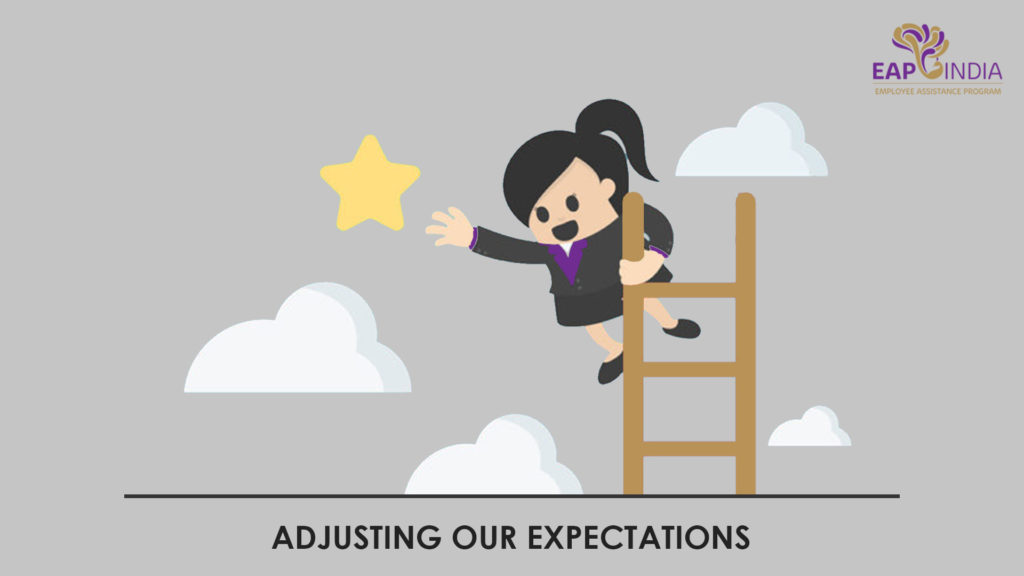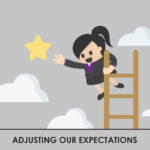An eye for an eye… makes my eyes hurt.
Did you feel weird when that sentence did not end the way you expected it to?
You’re not alone.
Our brains have a tendency to prepare us for what’s about to come. In prehistoric times, this was useful.
For example, someone might hear the sound of approaching footsteps in a jungle, assume the worst and run from there. This would be a better strategy than waiting there and listening to the footsteps carefully. But things have changed.
In today’s world, our tendency to predict may interfere with our ability to experience the present.
Before we enter a meeting, we already make expectations about how someone is going to respond to our ideas. As we listen to someone speak, we think about how we will respond rather than just listening. These expectations are like a rope that pull our mind away from the present into the future.
How can you tackle this?
- Try noticing your tendency to create expectations about “what’s going to happen?”
- Once you notice this tendency, use your breath or a phrase to bring yourself back to the present. You could say, for example, “That’s just my ancient brain.”
- Try paying complete attention to what’s actually happening.
The present is a present which we can experience fully.




